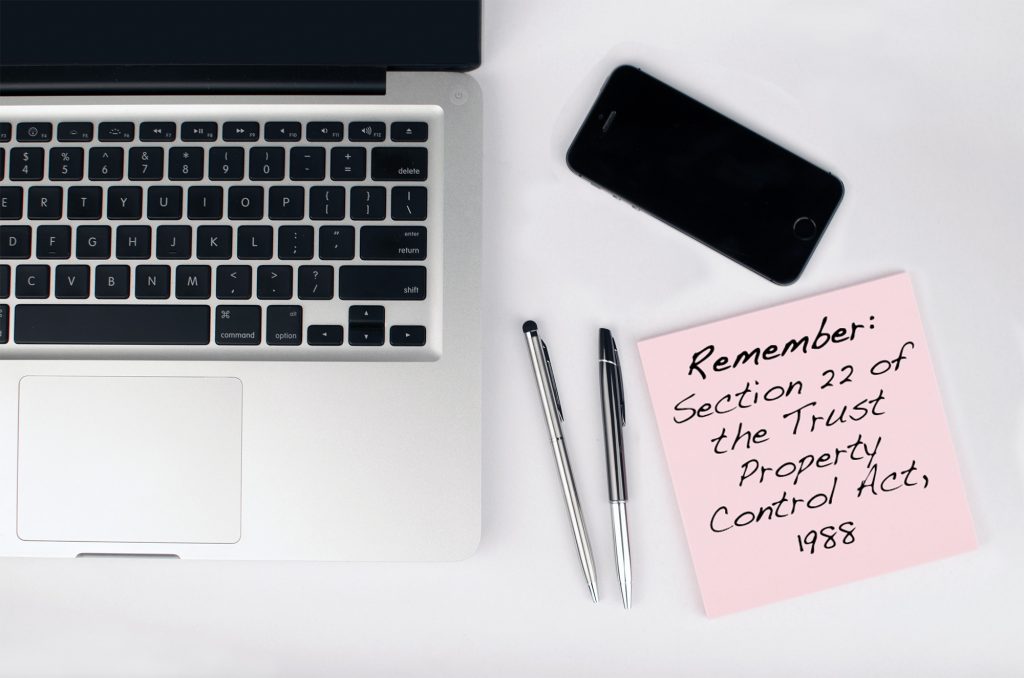The Role of Independent Trustees in Family Business Trusts
In March 2017, the Chief Master of the High Court introduced critical reforms in the administration of trusts across South Africa. One of the most significant changes involves the mandatory appointment of an independent trustee in certain family business trusts. This reform was introduced to strengthen governance, improve accountability, and safeguard beneficiaries’ interests.

What is an Independent Trustee?
An independent trustee is someone who plays an impartial and oversight-focused role in the management of a trust. Their presence is particularly important in family trusts, where potential conflicts of interest may arise due to personal relationships between trustees and beneficiaries.
Key Characteristics of an Independent Trustee:
They must have no familial or personal connection to the trust’s founder, trustees, or beneficiaries.
They must understand the duties of trusteeship and ensure that the trust functions in accordance with its deed.
While they don’t need to be a professional by law, they must possess the knowledge and skill necessary to actively contribute to the trust’s administration.
Often, they are attorneys, accountants, advocates, or fiduciary practitioners who belong to the Fiduciary Institute of Southern Africa (FISA).
They must not be disqualified under the Trust Property Control Act, 1988.
They cannot be a beneficiary or have any interest in the trust property.
Ideally, they should have experience in the sector in which the trust operates.
When is an Independent Trustee Required?
According to the updated directives:
- If the trust deed requires it;
When all trustees are also beneficiaries; and
When all beneficiaries are related to one another.
In such cases, the Master must appoint an independent trustee. Where the deed is silent, the Master may still insist on one and request nominations from the founder, trustees, or vested beneficiaries. However, the decision ultimately rests with the Master, who may choose a different qualified individual.
Important Additional Guidelines
If the Master chooses not to appoint an independent trustee, the trust may be required to submit audited financials annually or have the trustees provide security.
If the independent trustee resigns, and the deed allows, they must be replaced by someone who meets the same independence criteria.
Where the deed does not specify remuneration, the Master may invoke Section 22 of the Trust Property Control Act to determine a fair fee for the independent trustee.
Conclusion
The appointment of an independent trustee is no longer just a best practice—it is a regulatory necessity for many family trusts. These reforms are designed to enhance fiduciary responsibility, reduce internal conflicts, and ensure that trusts are managed in the best interests of all beneficiaries. It is advisable that trust founders and trustees review their trust deeds, and if necessary, amend them to reflect these changes.
At SA Corp Registrations, we can assist you with:
- Appointing or replacing an independent trustee
Amending trust deeds
Resignations and compliance
Full inter vivos trust registrations
